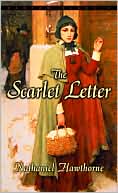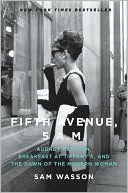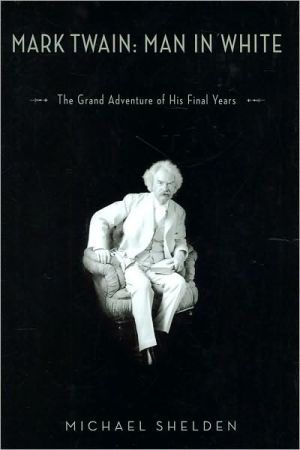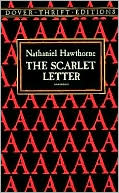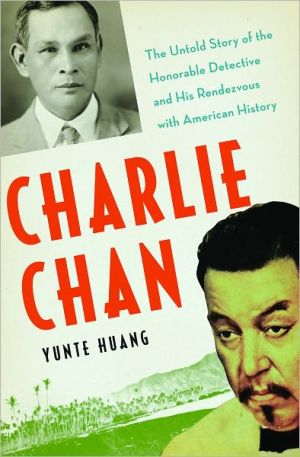The Humor of the Old South
The humor of the Old South -- tales, almanac entries, turf reports, historical sketches, gentlemen's essays on outdoor sports, profiles of local characters -- flourished between 1830 and 1860. The genre's popularity and influence can be traced in the works of major southern writers such as William Faulkner, Erskine Caldwell, Eudora Welty, Flannery O'Connor, and Harry Crews, as well as in contemporary popular culture focusing on the rural South. This collection of essays includes some of the...
Search in google:
"The humor of the Old South — tales, almanac entries, turf reports, historical sketches, gentlemen's essays on outdoor sports, profiles of local characters — flourished between 1830 and 1860. The genre's popularity and influence can be traced in the works of major southern writers such as William Faulkner, Erskine Caldwell, Eudora Welty, Flannery O'Connor, and Harry Crews, as well as in contemporary popular culture focusing on the rural South. This collection of essays includes some of the past twenty five years' best writing on the subject, as well as ten new works bringing fresh insights and original approaches to the subject. A number of the essays focus on well known humorists such as Augustus Baldwin Longstreet, Johnson Jones Hooper, William Tappan Thompson, and George Washington Harris, all of whom have long been recognized as key figures in Southwestern humor. Other chapters examine the origins of this early humor, in particular selected poems of William Henry Timrod and Washington Irving's "The Legend of Sleepy Hollow," which anticipate the subject matter, character types, structural elements, and motifs that would become part of the Southwestern tradition. Renditions of "Sleepy Hollow" were later echoed in sketches by William Tappan Thompson, Joseph Beckman Cobb, Orlando Benedict Mayer, Francis James Robinson, and William Gilmore Simms. Several essays also explore antebellum southern humor in the context of race and gender. This literary legacy left an indelible mark on the works of later writers such as Mark Twain and William Faulkner, whose works in a comic vein reflect affinities and connections to the rich lode of materials initially popularized by the Southwestern humorists.
PrefaceIntroduction1Origins and Influences1The Origins of the Humor of the Old South132"Sleepy Hollow" Comes South: Washington Irving's Influence on Old Southwestern Humor223The Function of Women in Old Southwestern Humor: Rereading Porter's Big Bear and Quarter Race Collections364Contesting the Boundaries of Race and Gender in Old Southwestern Humor525Darkness Visible: Race and Pollution in Southwestern Humor72Perspectives on Earlier Authors - 1830-18606The Prison House of Gender: Masculine Confinement and Escape in Southwest Humor877Augustan Nostalgia and Patrician Disdain in A. B. Longstreet's Georgia Scenes1018A Biographical Reading of A. B. Longstreet's Georgia Scenes1139A Sadder Simon Suggs: Freedom and Slavery in the Humor of Johnson Hooper13010Revising Southern Humor: William Tappan Thompson and the Major Jones Letters15411Backwoods Civility, or How the Ring-Tailed Roarer Became a Gentle Man for David Crockett, Charles F. M. Noland, and William Tappan Thompson16112Bench and Bar: Baldwin's Lawyerly Humor18713The Good Doctor: O. B. Mayer and "Human Natur'"199The Literary Legacy14An Old Southwesterner Abroad: Cultural Frontiers and the Landmark American Humor of J. Ross Browne's Yusef21515Mark Twain: The Victorian of Southwestern Humor22216Jason Compson and Sut Lovingood: Southwestern Humor as Stream of Consciousness23617Southwestern Humor, Erskine Caldwell, and the Comedy of Frustration247Humor of the Old South: A Comprehensive Bibliography263Contributors311Index313
\ From the Publisher"A well conceived and meticulously documented book -- one that should be a valuable resource for literary scholars, popular culture specialists, and anyone interested in the American comic tradition in its varied artistic and historical contexts." -- Arkansas Review\ "Despite much scholarly attention to the colorful regional texts of the 1830s-60s, this volume is the first book-length offering on the subject since... 1976." -- Choice\ "Forward-looking and intelligent. Rather than accepting the genre as an effusion of the region, the essays approach the materials as literary evocations of social and civil life." -- David E. E. Sloane\ "Brings together some of the finest writings on the subject. There is a fine introductory section that focuses on the origins of Southern humor -- literary and social -- and an equally fine concluding part on the influence these writers had. A bibliographical appendix is a model of clarity and inclusiveness. Inge and Piacentino have done a really marvelous job." -- Florida Historical Quarterly\ "Some of the most significant essays on the humor of the Old South written in the last twenty-five years." -- Jacksonville Free Press\ "Not only is it an extensive and impressive selection of new and reprinted pieces on Old Southwestern humor, but it offers selections that fervently remind the reader just how important the humor of the Old South was in its own right." -- Mississippi Quarterly\ "A strong essay collection.... Clearly demonstrates that the genre of Southwestern humor can itself bear the weight of critical scrutiny, constituting important moments in narrative style and regional identity, as well as national self-consciousness." -- Resources for American Literary Study\ "The authors trace the effects of humor evident in the years 1830-1860 to the works of contemporary writers and the culture in general." -- Richmond Times-Dispatch\ "Inge and Piacentino are to be commended for editing and organizing this group of essays. Not the least of their accomplishments is the extensive amount of bibliographic material they include." -- Southern Literary Journal\ "An attractive volume with lots of good material treated in detail and with fresh perspectives." -- To Wit\ \ \

